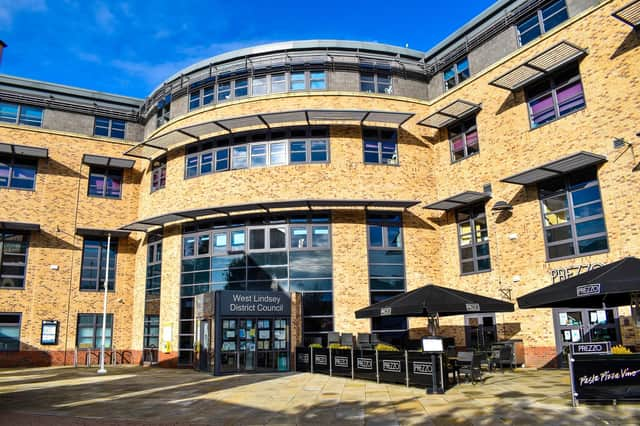West Lindsey District Council: Councillors back devolution despite concerns


During a Full Council meeting on Monday, local representatives voted to approve officer recommendations welcoming the deal, despite some Liberal Democrat councillors raising concerns about its potential implications for district councils in the future.
The deal, which has already been approved by Lincolnshire County Council, North Lincolnshire Council, and North East Lincolnshire Council, promises to deliver £24 million annually to the region for 30 years via a Mayoral Investment Fund, and is now in its final week of public consultation.
Advertisement
Advertisement
Other key elements of the proposal are the election of a mayor in 2025, a one-time capital investment of £28.4 million, and the transfer of adult education budget control starting in 2026.
Ian Knowles, Chief Executive of WLDC, said the devolution deal is a “long-term change in terms of the levelling up process.”
He argued that the additional power and funding would facilitate “increased responsibility” and “enhanced flexibility,” stating: “That allows us to make better results for local people.”
Mr Knowles later noted that while devolution does not necessarily mean local government reorganisation, he warned that it could set in motion events leading to potential changes down the line.
Advertisement
Advertisement
He highlighted that in February 2023, the South East Lincolnshire Partnership, comprising Boston Borough Council, East Lindsey District Council, and South Holland District Council, wrote to the Department for Levelling Up, requesting consideration of a unitary proposal.
Although it initially received no support from the districts, the department responded days after the announcement of the devolution, suggesting that a broader conversation on reorganisation might take place if there was sufficient support for it.
Councillor Jeanette McGhee (Liberal Democrat) noted that discussions about reorganisation, which could ultimately lead to the dissolution of the seven district councils, should have been addressed during the consultation process.
She said: “If these discussions are going on, then the consultation process itself is invalid.”
Advertisement
Advertisement
Council Leader Trevor Young (Liberal Democrat) mentioned that these discussions had also surfaced in recent meetings with fellow district council leaders, observing that they would likely have a “creeping effect.”
“These discussions are already starting to enter the debate and clearly this is a risk which members should be mindful of,” said Councillor Young.
He continued: “It was guaranteed that this process would have no impact on local district councils, and it’s disappointing that even before the deal has been struck, this discussion is already coming into play.”
Meanwhile, former council leader Owen Bierley (Conservative) was the first one to officially welcome the deal, commending the leaders of the three upper-tier councils for their efforts on it.
Advertisement
Advertisement
The representative for Caistor & Yarborough ward described it as a “tentative first step towards decentralisation.”
He added: “It has been many years in the making. Some people will recall a similar proposal in 2016 which ironically came about shortly after the referendum on whether we should leave the European Union (EU).”
Scampton Councillor Roger Patterson (Conservative) acknowledged that residents might not favour the idea of having a mayor, but insisted that devolution was “inevitable.”
He remarked: “Most people in the district probably won’t want a mayor, it’s another person and it costs money, but at the end of the day, if we can get one voice to speak on behalf of Lincolnshire, we may be able to get the money we are due.”